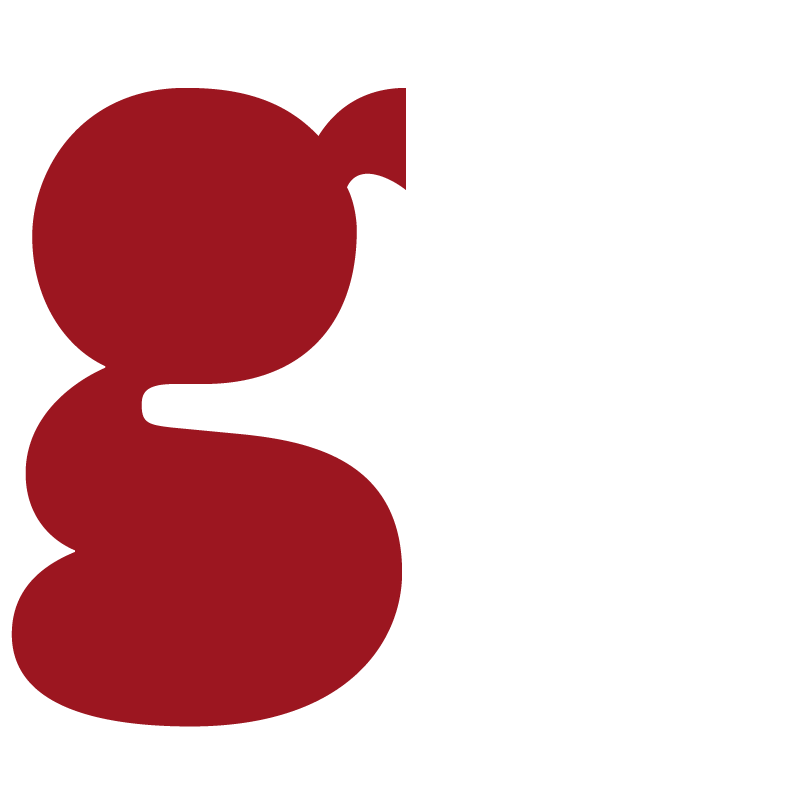Choosing the right generator starts with understanding starting vs. running watts. Starting watts handle the initial surge while running watts maintain steady operation. This helps prevent overloads and ensures efficiency. At Generator Supercenter of Sarasota, our experts will help you find the perfect generator for reliable backup power.
What Are Starting Watts and Running Watts?
When shopping for a generator, you’ll often see two power ratings: starting watts and running watts. But what do these mean for your power needs?
Starting watts, sometimes called peak watts, pack the extra punch needed to kick-start motors and compressors. Think of your fridge humming to life or your circular saw revving up that initial surge demands more power than regular operation.
Running watts, by contrast, keep your appliances humming along once they’re up and running. It’s the steady power flow that maintains your devices’ operation after that initial jolt.
Why does this matter? Let’s break it down with a real world example. Your fridge needs 2,200 watts to start but only 700 to run. Ignoring startup power could leave your generator struggling plan for surges to avoid power failures.
By understanding these two crucial ratings, you’ll be better equipped to choose a generator that can handle your home or worksite’s peak demands and ongoing power needs. This knowledge ensures you’re never caught off guard when the power goes out.
Why Knowing Your Wattage Needs is Important
Choosing a generator without knowing your power needs is risky. If it can’t handle startup watts, key appliances may fail. Don’t get left in the dark (or heat) when it matters most.
Underpowered generators can damage electronics and cause appliances to fail to start. A weak generator might leave your freezer full of spoiled food.
An overworked generator burns fuel fast and wears out quickly. Find the balance between efficiency and reliability. It should handle daily use and occasional high power demands.
By nailing down your wattage needs, you’re not just buying a generator you’re investing in reliable power that won’t let you down when the grid does. It’s the difference between confidently weathering a storm and crossing your fingers whenever you flip a switch.
How Many Watts Do I Need for a Generator?
Sizing a generator is about balancing power needs and costs. List essential appliances and check their wattage. Some, like a fridge, need much more power to start than to run. Factor in high-startup devices like microwaves and sump pumps.
For businesses, add up running watts and the highest startup wattage. This ensures your generator handles power surges without overkill. Consider cash registers, computers, and specialized equipment.
What Does Peak Watts Mean on a Generator?
Peak watts are a generator’s power sprint, providing an extra boost for startup. High-demand devices like ACs may need to triple their running wattage to start. That’s where peak watts matter.
Surge capacity is key when power returns, as all appliances demand energy simultaneously. Without enough peak wattage, you’ll be resetting breakers instead of getting back to normal.
Tips for Choosing the Right Generator
Wattage is just part of the generator puzzle. Consider these factors to find your perfect power partner:
- Portability: Will you need to move it around? A wheel kit can be a backsaver for larger units.
- Fuel type: Gasoline is common, but propane burns cleaner and stores longer. Diesel? It’s a workhorse for heavy duty needs.
- Noise level: Your neighbors will thank you for choosing a quieter model, especially if you live in close quarters.
- Runtime: How long can it run on a full tank? This is crucial for extended outages.
- Features: Electric start can be a game changer on cold mornings, while automatic CO shutoff is a potential lifesaver.
Expert Guidance From Generator Supercenter of Sarasota – Find Yours Today!
Choosing a generator is about balancing power needs with practical considerations. By understanding starting and running watts, you’ll avoid the frustration of an underpowered unit or the waste of an oversized one. Remember, peak watts are your safety net for those high-demand moments. Feel free to contact us with any questions!
Need help finding the perfect generator? The experts at Generator Supercenter are ready to crunch the numbers and match you with the ideal power solution. Visit our showroom or contact us at Generator Supercenter of Sarasota to ensure you’re prepared for your home or business’s power needs.
FAQs
1. What are starting watts and running watts on a generator?
Starting watts (or peak watts) provide the extra surge needed to start appliances with motors, like refrigerators or sump pumps. Running watts maintain a steady flow of electricity to keep devices operating once they are running. Understanding both helps you choose a generator that meets peak and ongoing power demands. Learn more about generator sizing on our Generators page.
2. Why is it important to know my wattage needs?
Knowing your wattage needs prevents underpowered generators from failing to start appliances or damaging electronics. It also avoids overworking the generator, which can waste fuel and shorten its lifespan. For help assessing your power requirements, visit our Generator Installation page.
3. How many watts do I need for my home or business generator?
Calculate your generator size by listing essential appliances and checking both their startup (peak) and running wattage. High-demand devices like microwaves, air conditioners, and sump pumps often require three times their running watts to start.
4. What does peak watts mean on a generator?
Peak watts are the generator’s extra power output for short bursts, allowing appliances to start without tripping breakers. This surge capacity is critical during power restoration when multiple devices demand electricity simultaneously.
5. What should I consider besides wattage when choosing a generator?
Other factors include portability, fuel type (gasoline, propane, diesel), noise level, runtime, and safety features like electric start or CO shutoff. Balancing these considerations with your power needs ensures efficiency and reliability. For expert advice, contact us at Generator Supercenter of Sarasota.



